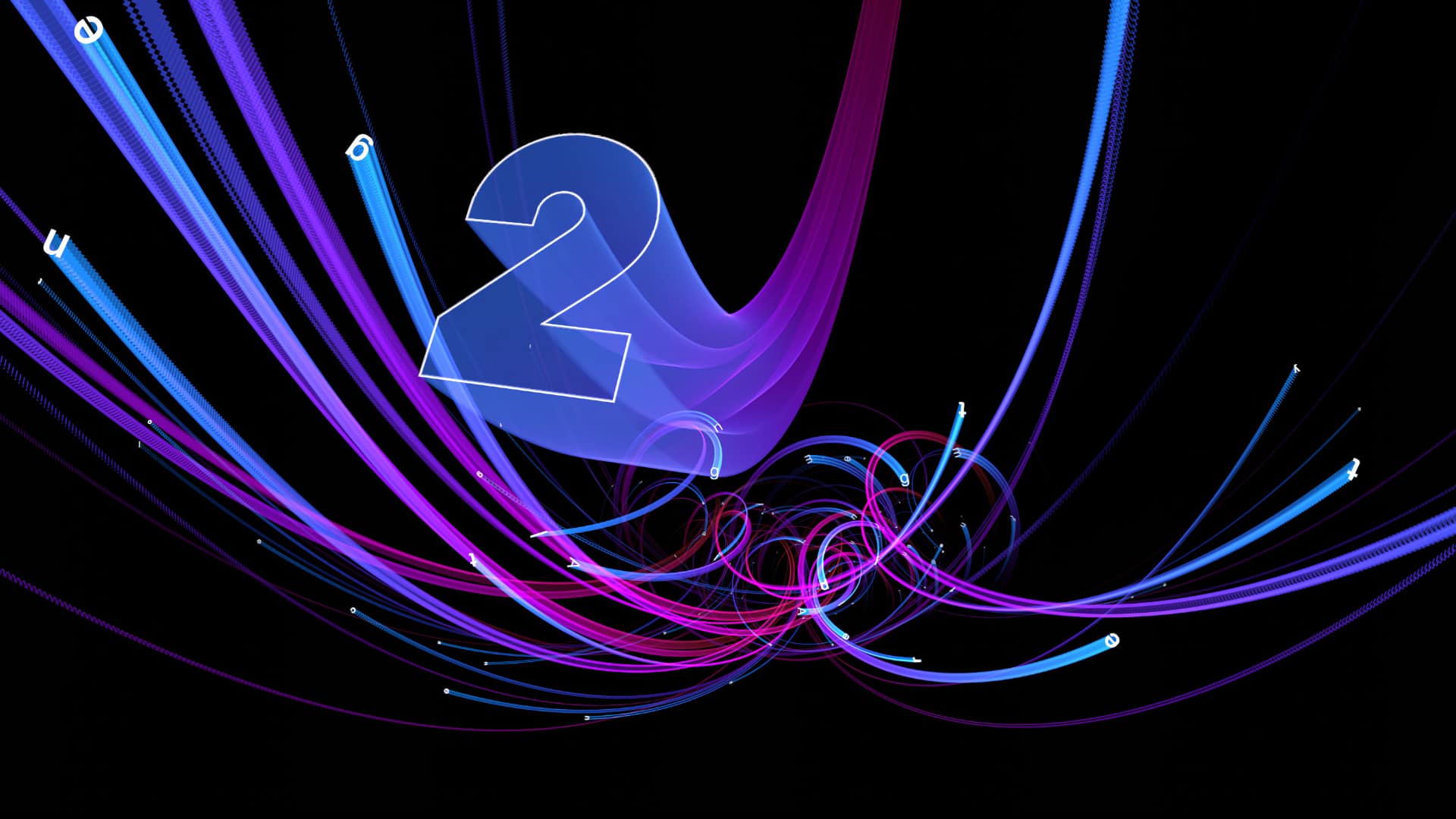
Erik Vlietinck puts the new Motype 2 text-based animation system for Final Cut Pro X, Premiere Pro, Motion and After Effects through its paces and is very impressed with what he finds.
Yanobox, the creator of Nodes and Mosaic, has released Motype 2, the text-based animation system for Final Cut Pro X, Premiere Pro, Motion and After Effects. As always, Yanobox released Motype 2 on FxFactory. Motype 1 was quite powerful if you needed animation on a single line of text. Motype 2 blows version 1 out of the water with support for paragraphs and, actually, more of everything.
I used Final Cut Pro X and Motion for this review. Motype 2 has no less than 272 presets. Such a huge number of presets offers a nice benefit: you can quickly start with the one that comes closest to what you want and take it from there. Luckily, even if you don’t know much about motion graphics, Motype 2 comes with a nice and complete Help guide.
The support for paragraphs of text was the most wanted feature. You can use it for anything from commercials to movie credits. The animation of paragraphs and lists is done by converting characters, words, sentences and paragraphs into colourful, moving, swirling and exploding animations. To create paragraphs, you can use a RTF or text app. The former allows you to carry over much of the formatting into Motype’s own editor. This part of the interface requires a launch of the editor through FxFactory, which gives it a bit of a clumsy feel, but it soon becomes clear why it’s needed. Motype 2 doesn’t support all of the formatting text can have, so the intermediary solution is fully focused on its own capabilities to prevent errors.
The animation of text parts is directly related to formatting. Some of it isn’t rendered in the end result but serves to give separate characters different colours and animations. For example, an underlined word can be converted into a rainbow coloured one. Motype 2 can still animate the text as a whole, but the ability to animate separate characters, with or without trails and/or particles is what makes version 2 really powerful. Colour needn’t be a single colour either. Hue gradients too can be animated on a per-character basis or restricted to some characters or words by using text formatting in the editor.
The motion itself is controlled by a Motion Mixer that supports different rates of change — for the text, trails and particles — with no less than 22 automated animation interpolation methods, not including the “Freeze” option that lets you use timing based keyframes.
In Motype 2 trails can be simple or of the Motion Blur type. This gives you a directional trailing instead of a symmetric effect. The new version also has Motion Painting, which simulates long exposures that result in organic looking light trails or liquid-like flowing text. Motion Painting is more advanced — read more difficult to get right — than Motion Blur, especially where it concerns animation timing.
When in After Effects or Motion, Motype 2 can use the host’s 3D camera for rotation and fly-through animations. Also new, and useful for workgroup projects, is that Motype 2 effects work across host applications, so a Motion user can share their work with an After Effects specialist.
Motype 2 is, in short, a plug-in that enables you to take text, no matter the length of it, and convert it into something exciting to look at. That makes it a useful tool for anything from commercials to titles and even credits. If you create these only now and then, the odds are that you’ll stick with the presets and adjust a parameter here and there for good measure. But if you’re animating text on a regular basis and know what you’re doing, Motype 2 lets you create something truly unique. It’s available from the FxFactory for $129.
Tags: Post & VFX


Comments